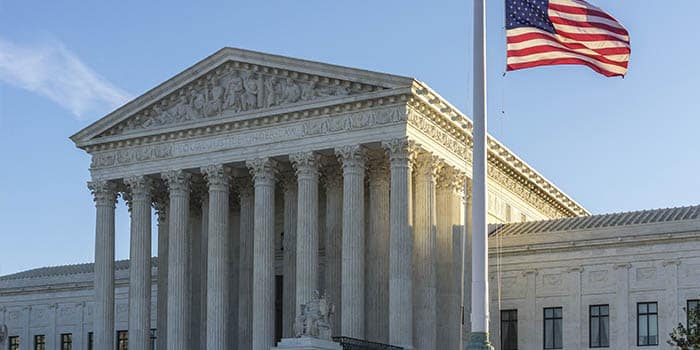UPDATE: Legal uncertainty surrounding prediction markets escalates as states and courts take action. Companies like Kalshi are caught in a whirlwind of conflicting regulations, with potential implications for the entire sports betting sector.
The debate over whether prediction markets can offer contracts linked to sports events is heating up. Legal experts, including sports betting lawyer Daniel Wallach, emphasize that the core of the issue lies in the interpretation of the Commodity Exchange Act (CEA). This act, governed by the Commodity Futures Trading Commission (CFTC), defines “swaps” in a manner that could potentially encompass sports outcomes.
Kalshi, which claims to operate legally under federal oversight, argues that its yes/no event contracts are derivatives rather than traditional sports bets. However, critics assert that Kalshi is exploiting a loophole, circumventing state gambling regulations while operating nationwide. This creates a significant risk for the company as traditional sportsbooks like DraftKings and Flutter Entertainment, parent company of FanDuel, express frustration over the lack of clear rules.
With Congress showing little interest in a swift resolution, the confusion leaves prediction markets in a precarious position. Should courts or Congress determine that sports outcomes are indeed considered swaps, established firms could enter the market on equal footing with Kalshi. Conversely, a ban on such contracts would solidify the existing state-regulated models for traditional sportsbooks.
As the legal landscape shifts, Kalshi faces mounting challenges at the state level. In Massachusetts, Attorney General Joy Campbell has initiated legal proceedings against the company, with a Superior Court judge set to hear an injunction case later this month. Meanwhile, in California, tribal gaming operators, who hold exclusive rights to sports betting, are closely monitoring the situation and may consider litigation if they feel their interests are threatened.
The stakes are high. Industry analysts warn that while federal intervention could establish nationwide regulations, the increasing pressure from state courts could complicate matters for Kalshi even further. As of now, the prediction market sector operates in a legal gray area, benefitting from the absence of competition, but facing imminent scrutiny from state authorities.
“With legal frameworks in flux, both prediction markets and traditional sportsbooks are in a state of limbo,” states Wallach. “The outcome of these legal battles could reshape the landscape of sports betting as we know it.”
As developments unfold, stakeholders across the industry are left to navigate this complex and evolving legal terrain. The next few weeks are critical as Kalshi and similar companies brace for the potential fallout from state-level decisions. The urgency of the situation cannot be overstated, making it essential for investors and operators to stay informed on these critical developments.
Stay tuned for the latest updates as this situation continues to develop.
